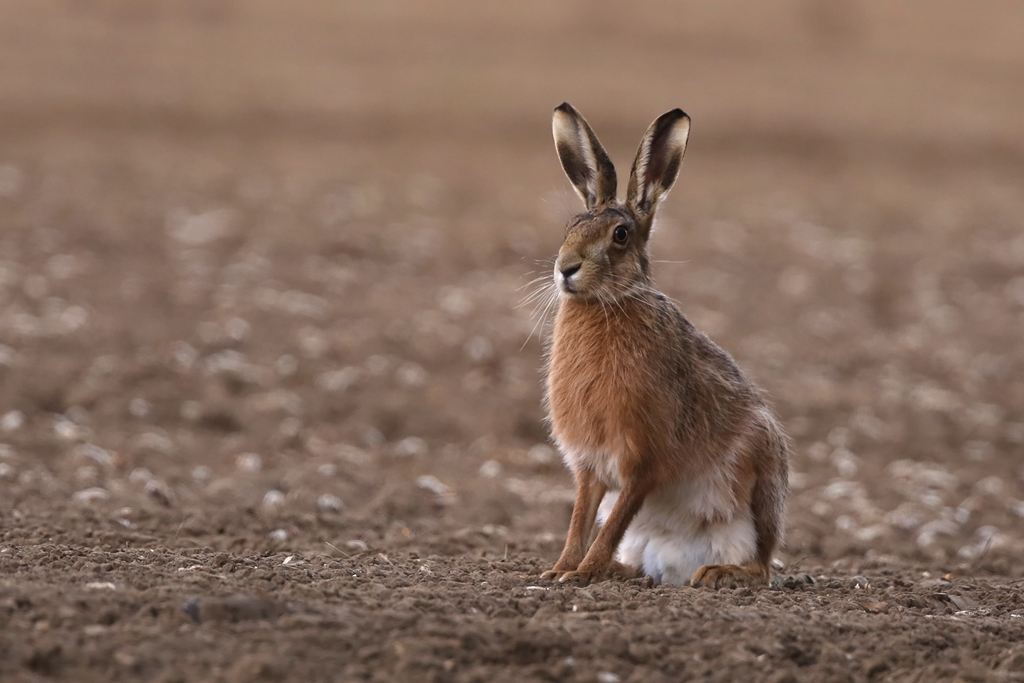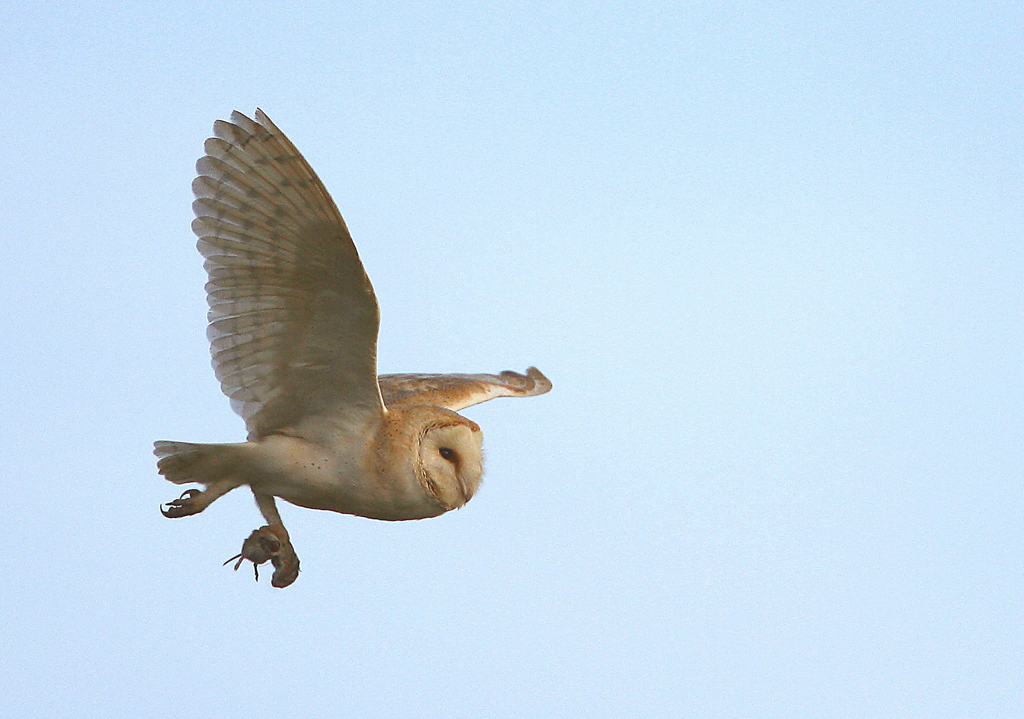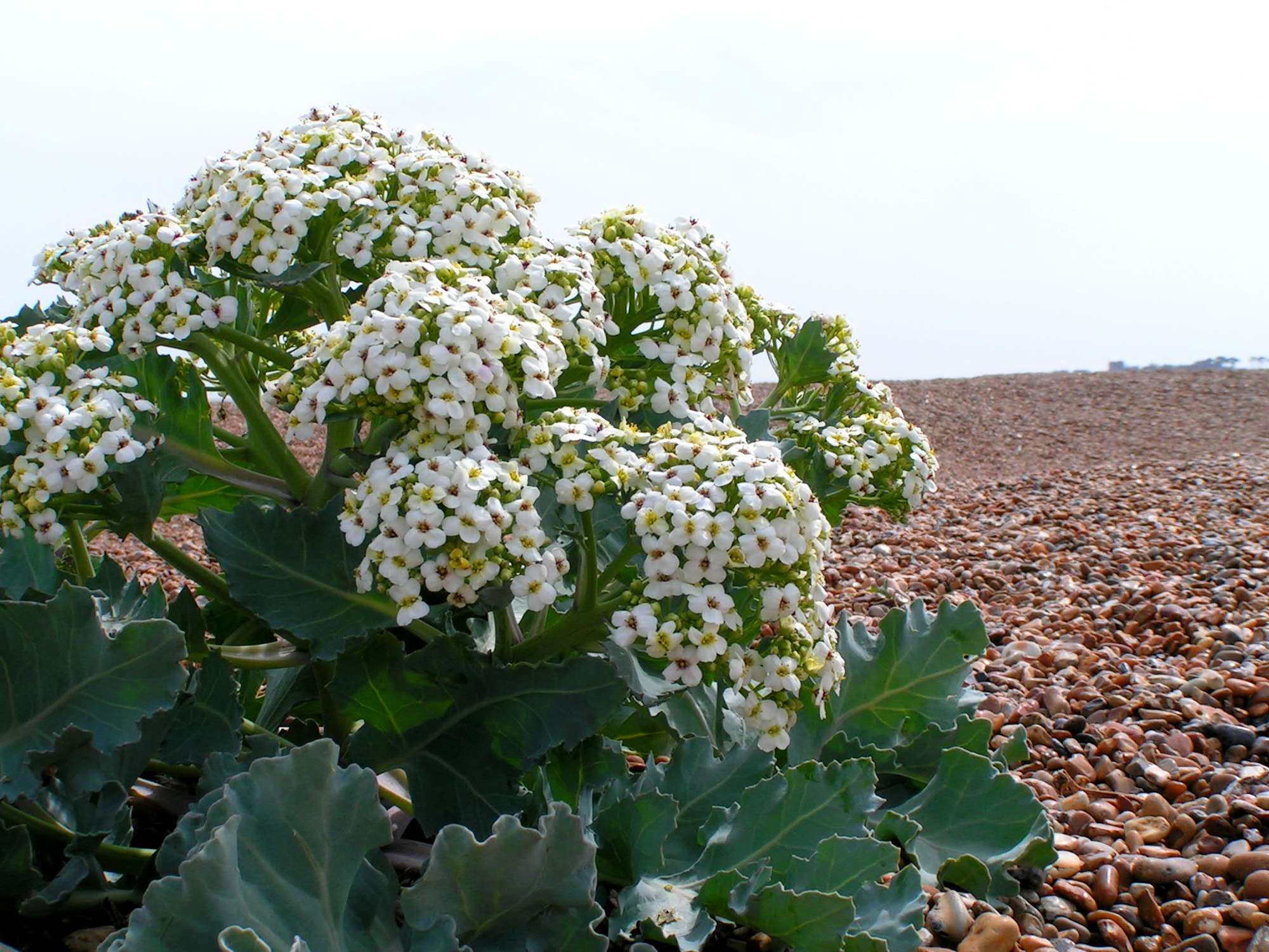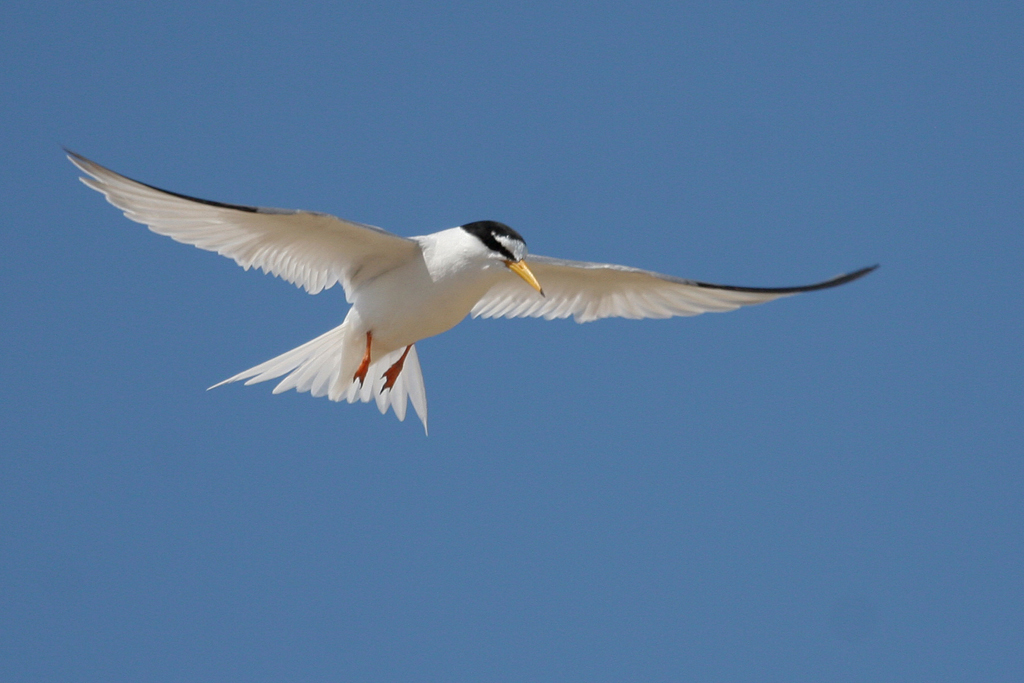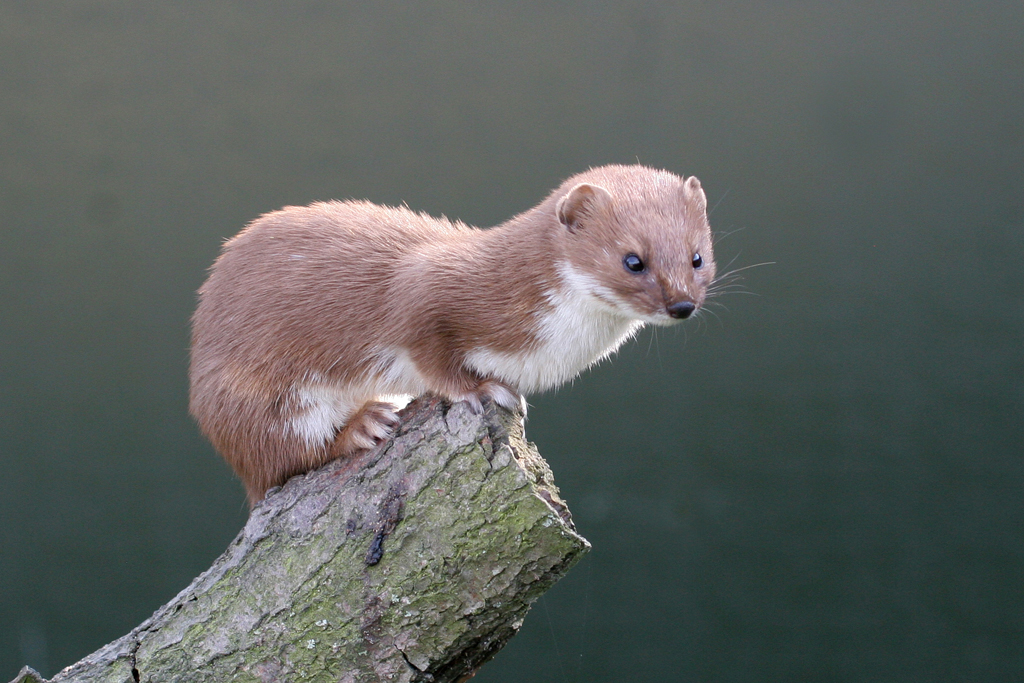Village Voices Nature Note: The Rooks Return
01 Mar 2021
‘The Rooks have returned’ is a famous painting by the 19th century Russian landscape artist, Aleksey Savrasov, who was much influenced by Suffolk’s own John Constable. The picture celebrates the return of rooks to their traditional nesting site in his village. Russian winters are so hard that rooks are summer migrants there, so for him this was a joyful sign of spring. Rooks are resident with us all year round, of course, but they are early breeders and are already busy rebuilding their rookeries, like the one near Dumboy Cottage. You can see them flying in with new twigs to repair nests shredded by winter storms, and also sometimes cheekily pinching some choice sticks from their neighbours’ constructions – hence our term ‘to rook’, meaning to fleece someone. But they are essentially sociable birds, foraging and roosting together, and nesting in these densely packed colonies. The clamour from a rookery in the breeding season can be loud and raucous, to be sure, but the combined choral effect of all these indi- vidual conversations and altercations is powerfully evocative, even soothing.
As soon as a BBC drama features an English churchyard scene you know they’ll soon be dubbing in a sound-track of rooks cawing in the tree-tops, a subliminal reassurance of an enduring rural scene. Enduring except for the trees, that is. Rooks used to prefer mature elms, but they’ve gone; second choice was ash, becoming endangered; so now most often here, sycamore, beech and oak.
Rooks and crows are often mistaken for each other, but the old country saying largely holds good, ‘A crow in a crowd is a rook and a rook on its own is a crow’. Shakespeare didn’t help this confusion with his line in Macbeth, ‘The crow makes wing to the rooky wood’. Scarecrows are misnomers, too, since it’s rooks they are meant to drive off the crops. In fact, this is doubly inappropriate since rooks feed mainly on grubs and insects, so serve to protect the crops, and that despite their scientific name of frugilegus ‘crop-picker’. Rooks and crows look quite different, anyway. Rooks have that whitish patch of bare skin round the base of the bill – visible from quite a distance; and their plumage seems one size too large for them, especially on the thighs, which look as if they are covered by baggy, feathered shorts. They walk differently, too. Crows stalk about rather menacingly, while rooks waddle.
The collective term for rooks is a ‘parliament’. I used to think that too staid a word for their noisy, obstreperous gatherings. But the way things have gone recently in the world’s parliaments, I now think it may be unfair to rooks.
As soon as a BBC drama features an English churchyard scene you know they’ll soon be dubbing in a sound-track of rooks cawing in the tree-tops, a subliminal reassurance of an enduring rural scene. Enduring except for the trees, that is. Rooks used to prefer mature elms, but they’ve gone; second choice was ash, becoming endangered; so now most often here, sycamore, beech and oak.
Rooks and crows are often mistaken for each other, but the old country saying largely holds good, ‘A crow in a crowd is a rook and a rook on its own is a crow’. Shakespeare didn’t help this confusion with his line in Macbeth, ‘The crow makes wing to the rooky wood’. Scarecrows are misnomers, too, since it’s rooks they are meant to drive off the crops. In fact, this is doubly inappropriate since rooks feed mainly on grubs and insects, so serve to protect the crops, and that despite their scientific name of frugilegus ‘crop-picker’. Rooks and crows look quite different, anyway. Rooks have that whitish patch of bare skin round the base of the bill – visible from quite a distance; and their plumage seems one size too large for them, especially on the thighs, which look as if they are covered by baggy, feathered shorts. They walk differently, too. Crows stalk about rather menacingly, while rooks waddle.
The collective term for rooks is a ‘parliament’. I used to think that too staid a word for their noisy, obstreperous gatherings. But the way things have gone recently in the world’s parliaments, I now think it may be unfair to rooks.
Jeremy Mynott




